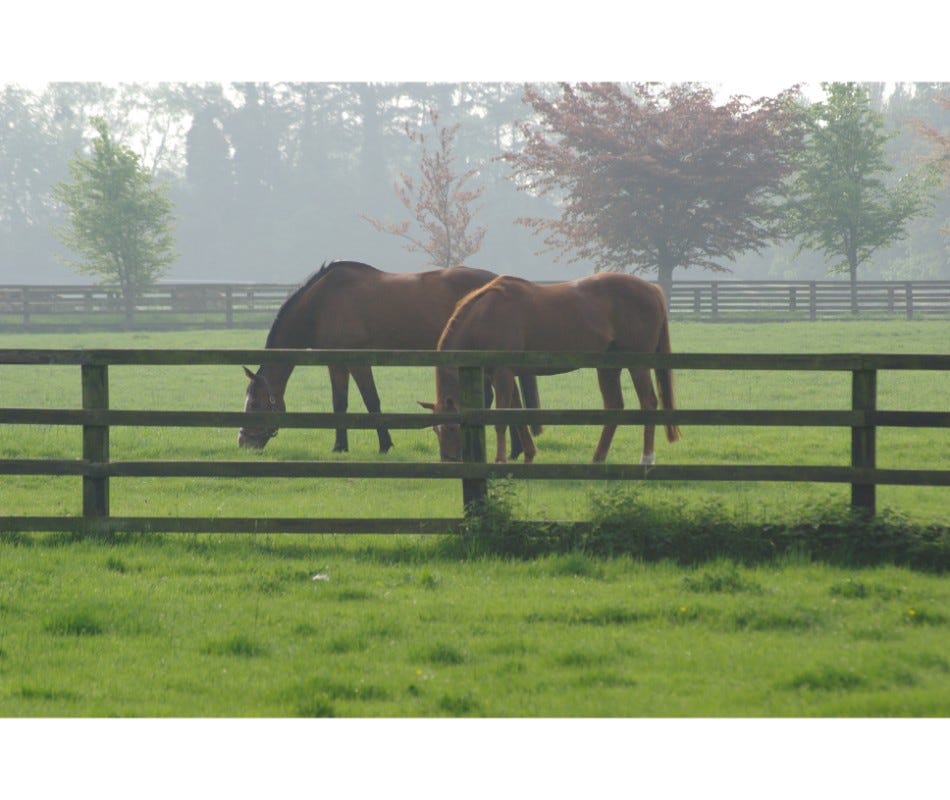We use cookies to make your experience better. To comply with the new e-Privacy directive, we need to ask for your consent to set the cookies. Learn more
Care Guide for Horses – Deworming
Making a horse part of your life brings on rewarding experiences, but it comes with a big responsibility of taking care of the horse to make sure it leads a productive and healthy life. Your horse will depend on you for care, love, and commitment and usually, these can be shown to it through proper grooming, petting, occasional rides, and giving treats when necessary.
As for commitment, you need to assure your horse that you are committed to taking good care of it for 365 days regardless of the weather condition. With proper care, your horse is expected to live for about 30 years or more. Here are some general considerations when giving your horse the care it deserves.
Care Guide for Horses
Providing routine horse care is necessary and entails ongoing costs
Horses do not cost as much as their yearly maintenance. In this case, it is important for you to be realistic when it comes to your capabilities of providing the important things your horse needs. More importantly, before you decide to buy a horse, make sure that you already have anticipated that owning a horse means that you will be spending money to make sure it is living comfortably and healthily as it should be.
Provide food and water regularly
In most cases, horses should receive a regular supply of food in the form of hay or pasture and this should be given throughout the day. Additional grain feedings are allowed twice daily. Averagely, horses eat around twenty pounds of food and will consume 8 gallons of water daily. Horses have relatively small stomach size and they have delicate digestive systems; they need to graze for food or nibble on something, instead of having one or two huge, bulk meals each day.
Observe Hoof Maintenance
Hoof maintenance is almost always overlooked by horse owners. Invest in a farrier to help out with hoof maintenance. Your farrier will give routine hoof shoeing or trimming every 6-8 weeks.
Wild horses live the same way as their prehistoric ancestors but those that are domesticated do not. Most horses of today are stalled and when they are given time to exercise, it is only for a short while. As a result, the hooves do not get worn away and they grow too long, tend to deform and could break off. When hooves grow unevenly, it could be a cause for lameness in horses. For this reason, you may need your farrier’s help on a scheduled basis.
Veterinary care is important
Your horse needs to receive yearly vaccination against tetanus and other equine diseases. A trip to the veterinarian’s clinic also allows your horse to have a dental checkup. An appointment with the veterinarian may cost you money but it is wise to invest on the health of a horse. Always remember that medical there is always the possibility of medical emergencies and though it is unfortunate, necessary treatments can be expensive.
Be on guard against equine parasites
Horses are always exposed to different internal parasites as they graze on the pasture and for this, they should be given an effective horse worming program. Heavy parasite infestation can lead to serious problems in horses and worse, it could be a cause for their death. Regular parasite treatment is important to your horse’s health so consult your veterinarian for a strategic worming plan.
Provide shelter
Horses should be constantly protected from rain, wind, and snow by providing them a safe, comfortable, and dry shelter. During extremely hot weathers, the shelter you give your horse will provide shade and will also protect your horse from biting insects that rave during hot months. At the least, you need to provide a well-constructed shed with three sides as your horse’s shelter. More importantly, keep this shelter clean at all times by removing manure regularly to avoid parasite contamination as well.
The importance of exercise
Horses require exercise, too. To help your horse have time for exercise, you need to ride him. It is ideal to have a leisurely stall in a paddock. Horses should not be confined for too long, except when the veterinarian strongly recommends it. The paddock at which your horse should be exercised should have safe borders and strong fences to keep your horse secure. Having a barbed wire fence is not safe for horses because clearly it is a major cause for injuries.
Having a horse is like having a pet, only a little bit more complicated because you are dealing with a larger animal. It is not enough to feed your horse daily and just let him be as long as he has been sustained with food. There are many forms of care that you can give a horse and being responsible in the way you take care of this large creature can earn you plenty of rewards.









Validate your login